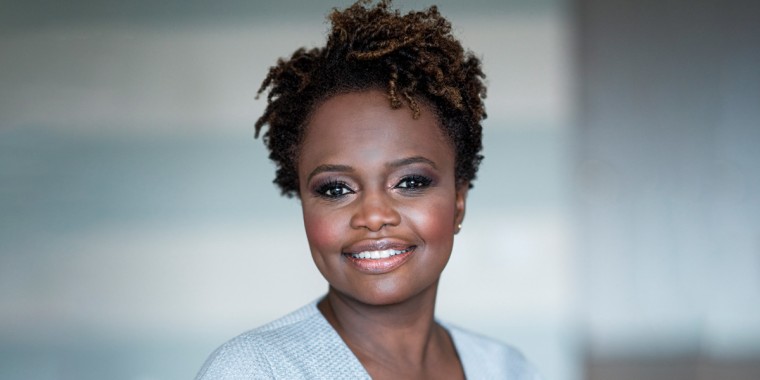Here’s my Women’s History Month truth: I wouldn’t be where I am today without a lot of women before me who inspired me, challenged me and helped me get where I am today.
I’ve worked extremely hard over my career, but I’ve also been fortunate enough to have had help from plenty of other women, either historical figures who paved the way for me, or from women I know who have stuck their necks out for me.
When I think of Women’s History Month, these are the women I think of. Not only did they do amazing things, but they used their success to turn around and help other women, too.
Barbara Jordan
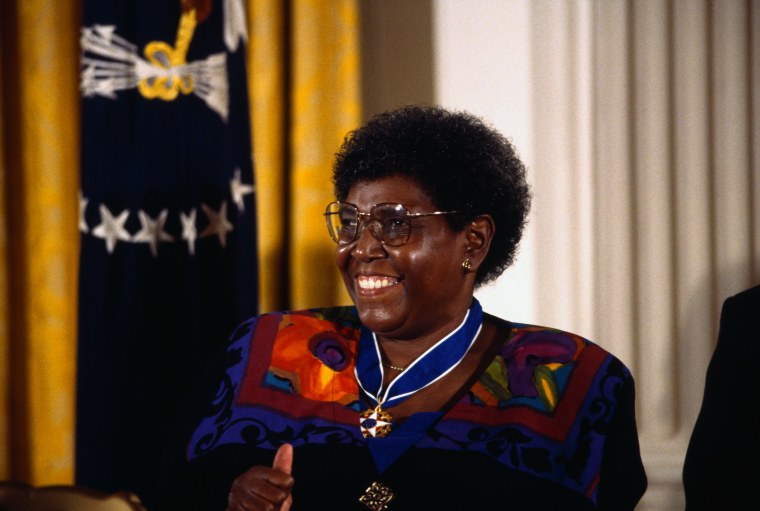
I’ll be forever grateful for everything Congresswoman Barbara Jordan did to pave the way for black women in politics. Her 1992 speech at the Democratic National Convention was the first political address I ever saw. Jordan had a first of her own, too: her 1976 keynote speech at the DNC was the first time a black woman had ever given a keynote speech there. She was striking. I found her authentic and powerful, and on top of that, she looked like me too.
During the 1992 speech, I couldn’t place what I found so enthralling about this woman, but looking back I get it. I felt seen by Barbara Jordan. I felt heard by Barbara Jordan. I felt represented by Barbara Jordan. She sparked my political awakening, because she made me realize that people who looked like me could work in politics.
Edwidge Danticat
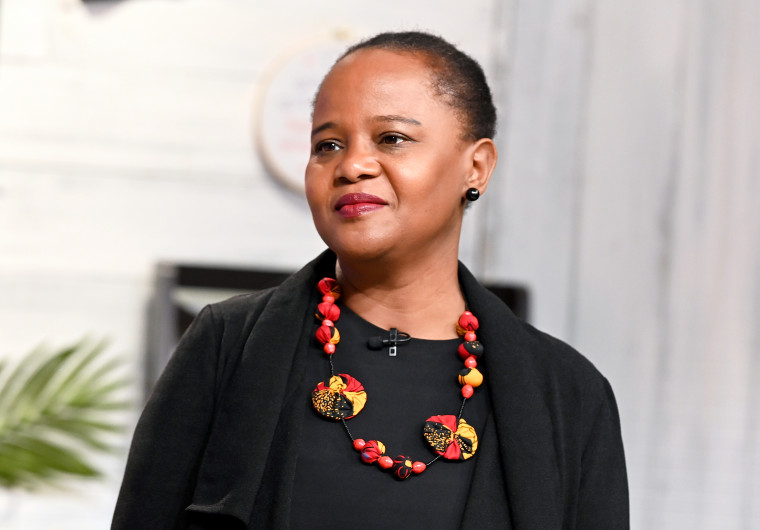
Danticat’s book of short stories, “Krik? Krak!,” centers around a young Haitian-American girl trying to figure out her relationship to her family and to Haiti. Through nine stories, the narrator weaves in and out of Port-au-Prince, Haiti and New York as she explores her identities.
This book was a revelation to me as a young Haitian-American girl growing up in New York. It’s one thing to struggle with questions of identity on your own, it’s another to know that you’re not alone in asking those questions. Danticat’s book changed my life and changed the lives of so many other young Haitian-American girls I knew.
Then, many years later, Danticat changed my life again when she agreed to write a blurb about my then-forthcoming book. She used her voice to help lift me up, a lesson I’ll never forget.
Joan Trumpauer Mulholland
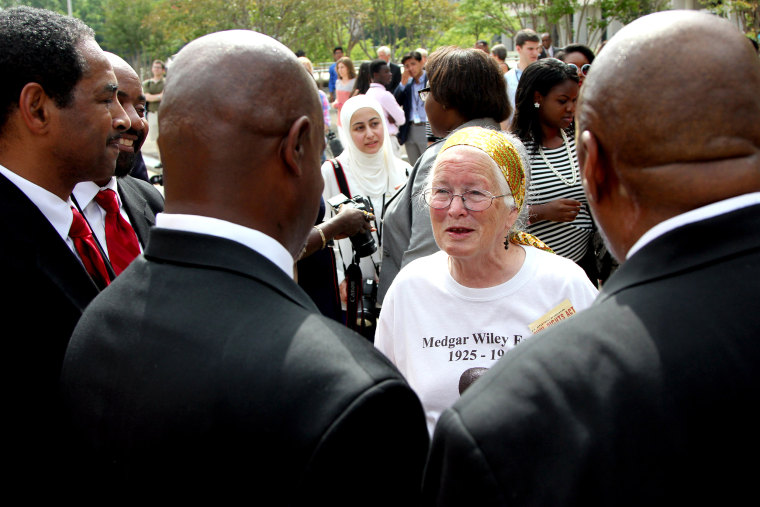
Joan Trumpauer Mulholland is proof that not all heroes get the recognition they deserve.
Joan was a white woman who volunteered to be a freedom rider during the Civil Rights movement. She literally put her life on the line. Approximately 50 years later, I had the pleasure of sitting next to her at a Martin Luther King, Jr. Day Civil Rights breakfast put on by Reverend Al Sharpton’s National Action Network where we were both being honored with awards.
It was incredible to me that decades after she put herself in harm’s way so the world would be just a little fairer for people like me, we were having breakfast together. Hearing Joan’s story reminded me of the importance of allies and what real allyship looks like: sacrifice, empathy, and the belief that things can change.
Dolores Huerta
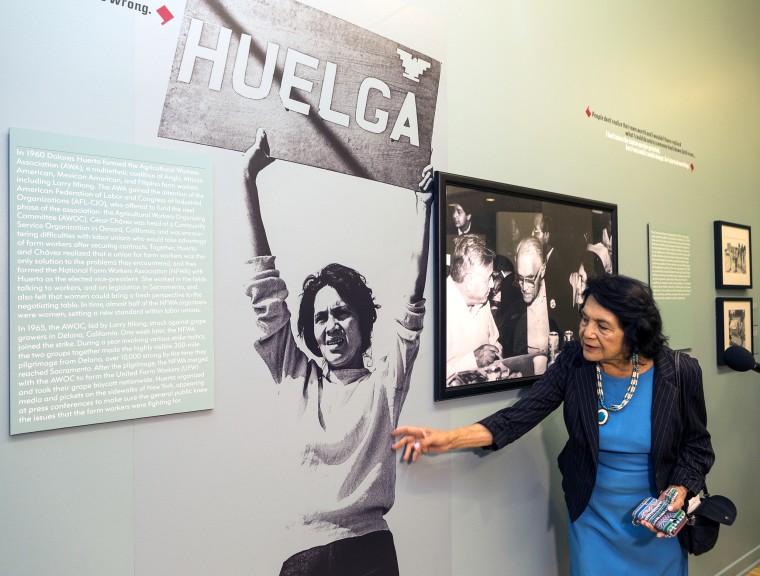
I’ve had a lot of jobs and titles while working in politics. But at the end of the day, one thing has always stayed the same: I’m an activist. And as an activist, it’s important to have people to look up to. Labor leader and Civil Rights activistDolores Huerta is one of those people for me. For decades she has worked with migrant workers and the labor movement to help make sure everyone has fair working conditions can make a living wage. She’s someone who uses her voice at every opportunity to say what needs to be said and bring attention to the folks that need it the most.
She also knows our work can’t be done alone. In 2018, I had the chance to go down to the border with her and a few others when it first came to light that the Trump Administration was separating families. It was scorching hot, but all I remember is how beautiful it was to see teachers, clergy members, and more come out to form a diverse coalition calling for this inhumane practice to end. To me, Huerta will always represent what activism is all about: shining a light on injustice and using your power to bring people together to create real change.
Ida B. Wells
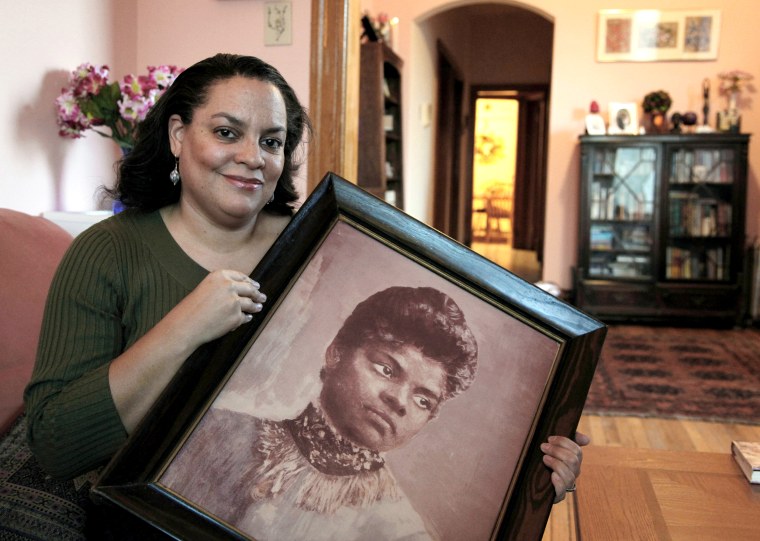
When I think of Ida B. Wells, I think of sacrifice. As a black journalist in the 1890s reporting on lynchings, Wells put herself in grave danger to expose the injustices of the world. She knew the importance of fact, and what media that omitted lynchings really was: fiction.
I’m not a journalist myself, but a few times a week I go on television as a political analyst and tell people what I think. Wells helps me understand my role, and what it means to tell the truth. Wells taught me that the truth isn’t simply getting your facts straight, it’s telling the whole story, even the one the public may not want to hear. Especially the one the public doesn’t want to hear.
Valerie Jarrett
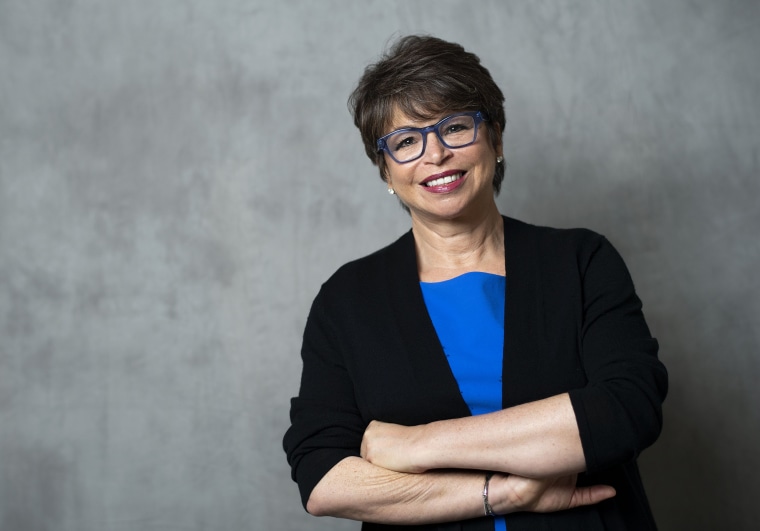
While I look up to a lot of historical figures for inspiration, it’s important to have people who are doing it right here and right now. That’s Valerie Jarrett for me. She served as senior adviser to President Obama for all eight years of his presidency and has served as a mentor for countless women in politics.
Like Edwidge Danticat, she wrote a blurb for my book when she didn’t have to. She also sat down with me to do a talk about my book here in Washington, D.C. I don’t know every detail about her life, but I know this: she’s a busy woman. The fact that she still took the time to help uplift me and my story speaks volumes about who she is. Valerie Jarrett is someone who elevates others, and that’s the kind of person I look up to.
My Mom
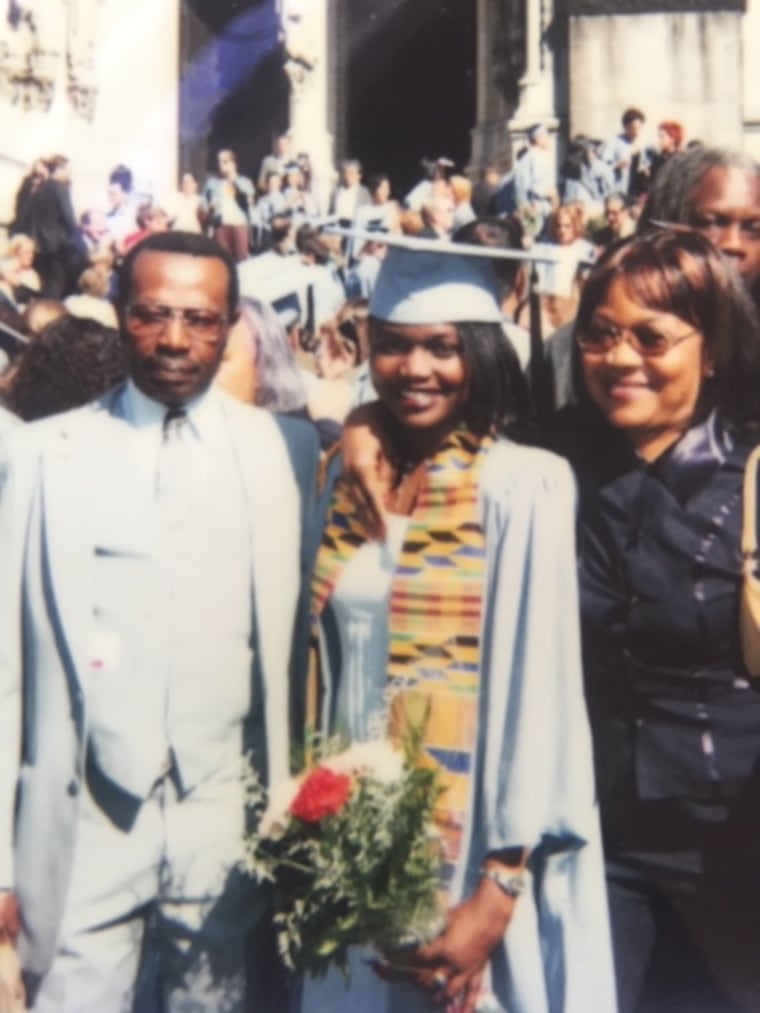
Last but certainly not least is my mom. I’m in awe of my mom every single day. She grew up in Haiti and had a hard life. Her mom died young, and her father, when their community experienced a famine, sent her to live with a family that treated her more like a maid than a family member.
But she persevered, and when she was old enough, went to Port-au-Prince to get an education. It was there that she met my Dad and they decided to immigrate to the United States for a better life. They didn’t have much after getting to New York City to raise me and my siblings, but they made it work. My mom worked two jobs, switching between working as a home health care aide and running her own beauty salon.
Her life had been tough in Haiti, but she did everything she could to make sure the lives of me and my siblings weren’t as tough as she had it. So when I wrote “Moving Forward” about my story, it was also a story about my mom. That’s because my story wouldn’t exist without hers.
In the end, I decided to dedicate my book to everyone who has been told “no” in their lives. My mom’s someone who had been told “no” so many times throughout her life. But every time, she said “yes” to herself. She persevered and that lesson—of hard work, and creating your own future, and saying “yes” to yourself—now runs through my blood.
